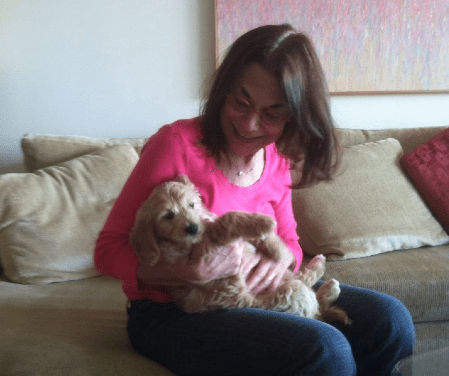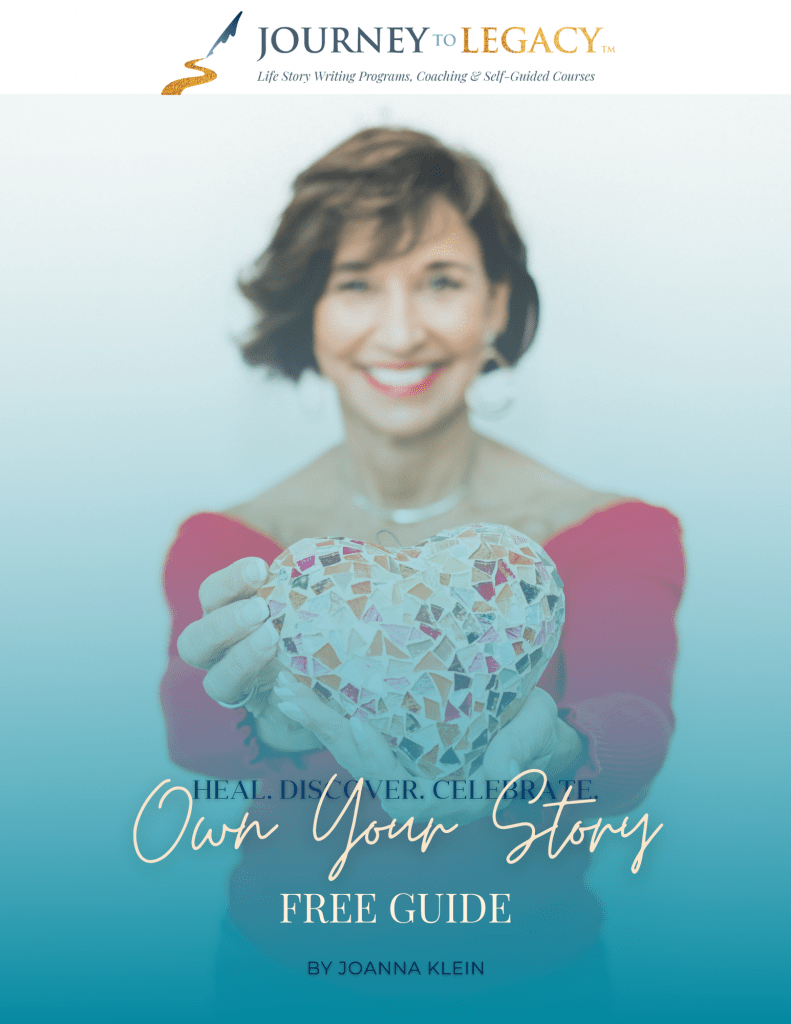If you’re curious what is was like for those who were part of the Feminist and Women’s Health Movement in the 1960s and beyond, you’ve landed on the right page. Alice Wolfson is an activist whose efforts on behalf of women’s rights resulted in our having access to patient package inserts on our medications, fathers in the delivery room, plus much more. In this interview, Alice shares about her experience during that time as well as a personal story that will tug on your heartstrings.
But first a little bit of background…
I started my From Journey to Legacy program to help women write their legacy journeys, and I continue to be motivated by the desire to help.
What I didn’t anticipate at the beginning was all the gifts I would receive simply from spending consistent time with groups of women who are willing to dive into life’s deepest questions with me. It’s no exaggeration to say that every client touches my spirit in some profound way.
Pardon the cliché, but I am reminded every day by these women that we are all extraordinary.
Alice Wolfson is one of my extraordinary clients, both because of her professional achievements and because of the hardships she has overcome in her personal life.
Alice recently received the Millicent Carey Award for Feminism from her alma mater, Barnard College. Alice’s activism and contributions as a pioneer in the women’s health movement took root in the late 1960s in Washington, D.C., where she helped form the Women’s Liberation Movement.
“I was attracted to the health wing of the Movement because I felt there were so many concrete changes we could make without having to convince everybody of our ideology. And in fact I think we have made many changes,” Alice says in a vast understatement.
By staging sit-ins, interrupting Senate hearings with persistent and educated questions, and working (for no pay) around the clock, Alice and her compatriots in the Movement convinced politicians to require pharmaceutical companies to include informational package inserts with birth control pills. They were the first-ever prescription drug inserts in the United States.
We Felt Powerful
“We felt powerful. We felt we could make change. There was nothing we were afraid to do,” Alice remembers.
We write our power stories in From Journey to Legacy; Alice had an obvious place to start.
Lessons Learned The Hard Way
But not all of our power stories begin from the energy and take-on-the-world posture of youth, and Alice herself has other, more difficult stories to share.
Her oldest son, Noah, was diagnosed with leukemia at age twelve. They fought the disease for four years, but Noah eventually died in the 1980s after a failed bone marrow transplant.
“There’s nothing that makes you feel more powerless than not being able to help your child. It’s a horror,” Alice says. “Life was waiting from blood test to blood test. A very hard thing about the diagnosis was wondering, Where did it come from? How could this be? It teaches you to let go of control.”
Ever since Noah’s death, when Alice is struggling with something that feels insurmountable, she steps back and reminds herself that at least it’s not leukemia.
“Everything in my life is somewhat measured by that,” she says.
When I heard her say this, I asked myself, How is my life measured?
And I ask you: How is your life measured?
If these are the kinds of questions you like to entertain, spend half an hour with Alice and me (and her dog Poppy). I interviewed her last month for my Real Stories With Joanna interview series. You can join those interview live in our private Facebook group.
Note: Parts of my interview with Alice touch on politics. I strive to create an apolitical space for clients in my From Journey to Legacy program, but I do not censor or edit my Real Stories With Joanna interviews.


